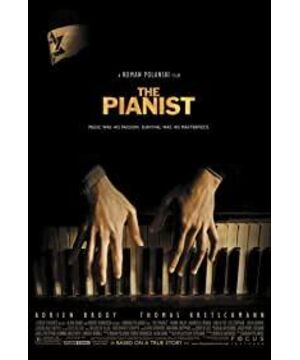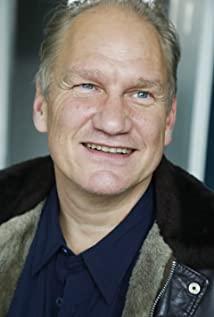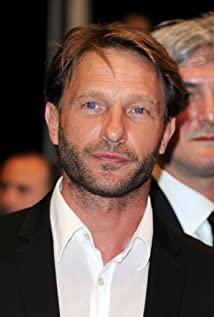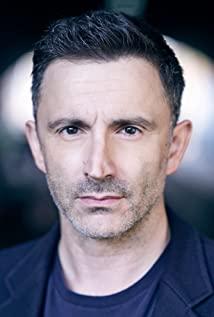Although he is a battlefield luthier, but the Jewish musician's music has a Polish taste, Chopin did not impress people too much.
He always felt that he could finally get his life from the Germans. It is purely accidental and not because the power of music has defeated the war and the ugliness of human nature
.
His period of Chopin in the ruins of a German officer moved but did not impress me
at least from the music is
but it reminds me in awe of the film
each shot looks is so restrained and profound compassion
without any Pianist That kind of sensational bloodshed
reproduces the real indiscriminate war
.
What I can't forget is the piece of candy that was carefully divided into six pieces by my dad with a knife. He cut me and said to himself that I can't stand it anymore, I can't stand it, and the
whole family People silently took their own share and stuffed
it in their mouths. It ended so quickly. The last meal of the whole family together
is also the last meal in life
. The sweetness on the knife is so painful
that it’s the same. There is also the bald Jew who was headshot by the German army
lying on the ground listening to the voice of the Nazi changing the magazine
. These five seconds, life is
better than death, let people suffocate him. The
film is so calm that it doesn't seem to be mixed with directors. Feelings, but the impact of the knife hits the bones, and the air is sucked.
Finally, these shots converge into a sea of sorrow. In a vast gray ruin, the pianist who has been haggard and is almost free from the human form is staggering in it like A sinking leaf in the ocean
bears the sorrow of a ruined empty city alone
I don’t know when he was looking for food and water in the ruined buildings that had been empty, and he
saw the tables, chairs, bottles and jars that were lucky enough to save the whole body in the war,
including the canned pumpkin that was full of cans. Is
he right? There is also the strength to mourn them. I don’t know that the masters who
are now
living make people cry without tears. It ’s not the music or the cruelty of war that hits people’s souls,
but the humble stubbornness that one wants to live on.
View more about The Pianist reviews











